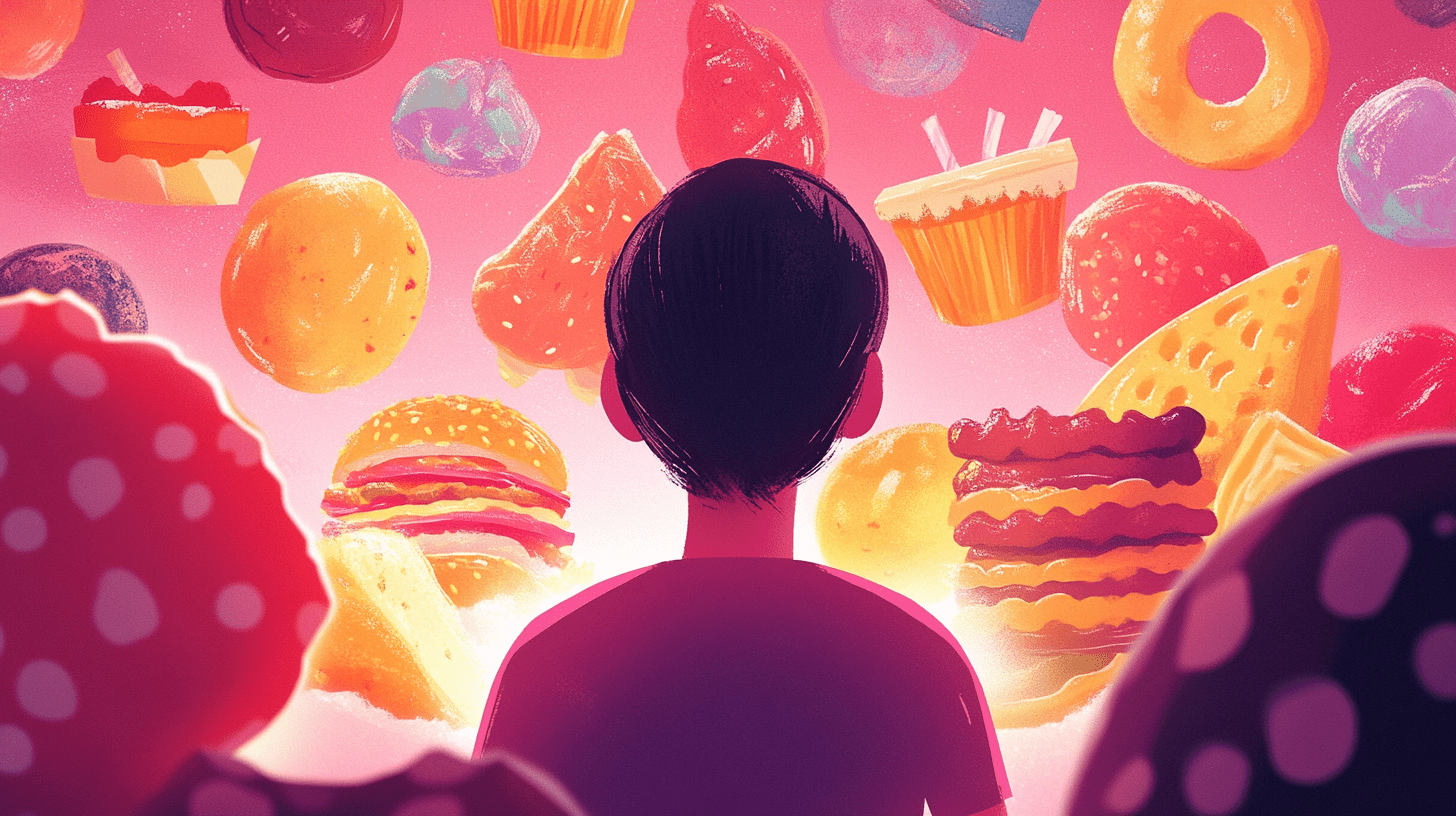We all have our own individual relationship with food. And more often than not — it’s a challenging relationship. Overeating is one of the most common habits that people battle against every single day. But there are actually scientific and cultural reasons we are driven to overeat. Thankfully, that also means that there are strategies that we can employ to overcome the urge.
Challenge: The Biological Drive to Eat

Our biological programming is a survival mechanism that comes from our earliest roots. In a nutshell, humans are hardwired to eat more when food is in abundance to help stave off periods of famine. In the modern age, however, most people have access to an abundance of food.
Strategy: Employ a Balanced Diet
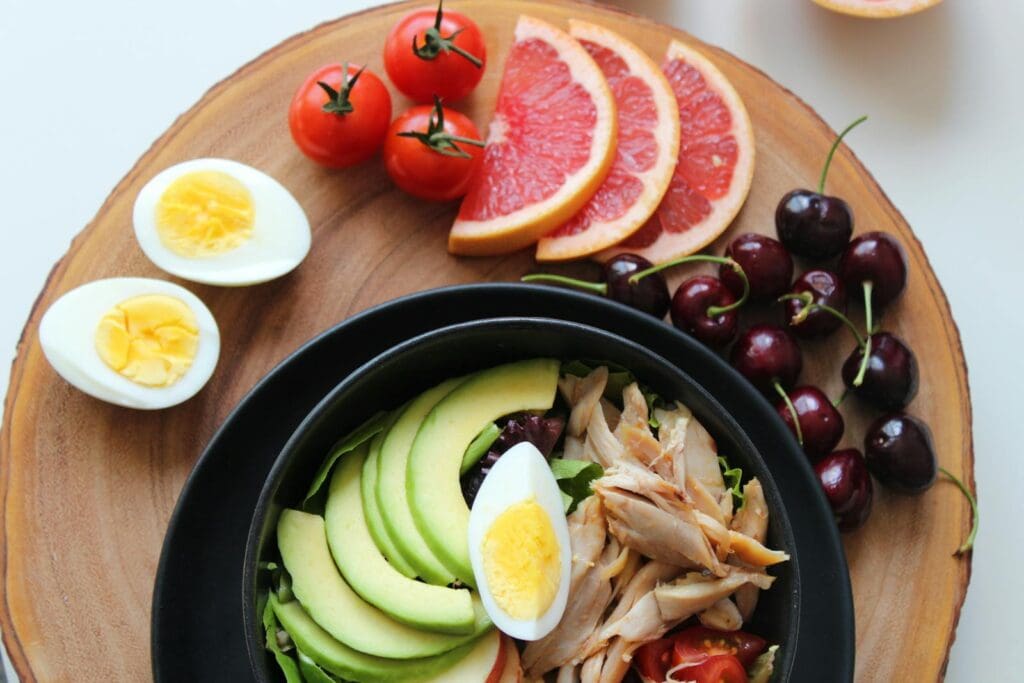
Overcoming biological wiring that goes back to our most primitive ancestry isn’t an easy feat. But balancing meals with proteins, healthy fats, and fiber will help your body feel full longer and reduce cravings.
Challenge: Easy Access to Junk Food

If you live in the USA, you’re likely surrounded by convenience stores and supermarkets that are stuffed with junk foods, all within easy reach of your impulses and cravings. Almost every retailer has at least a small junk food section near the registers. This prompts impulse buys.
Strategy: Meal Planning
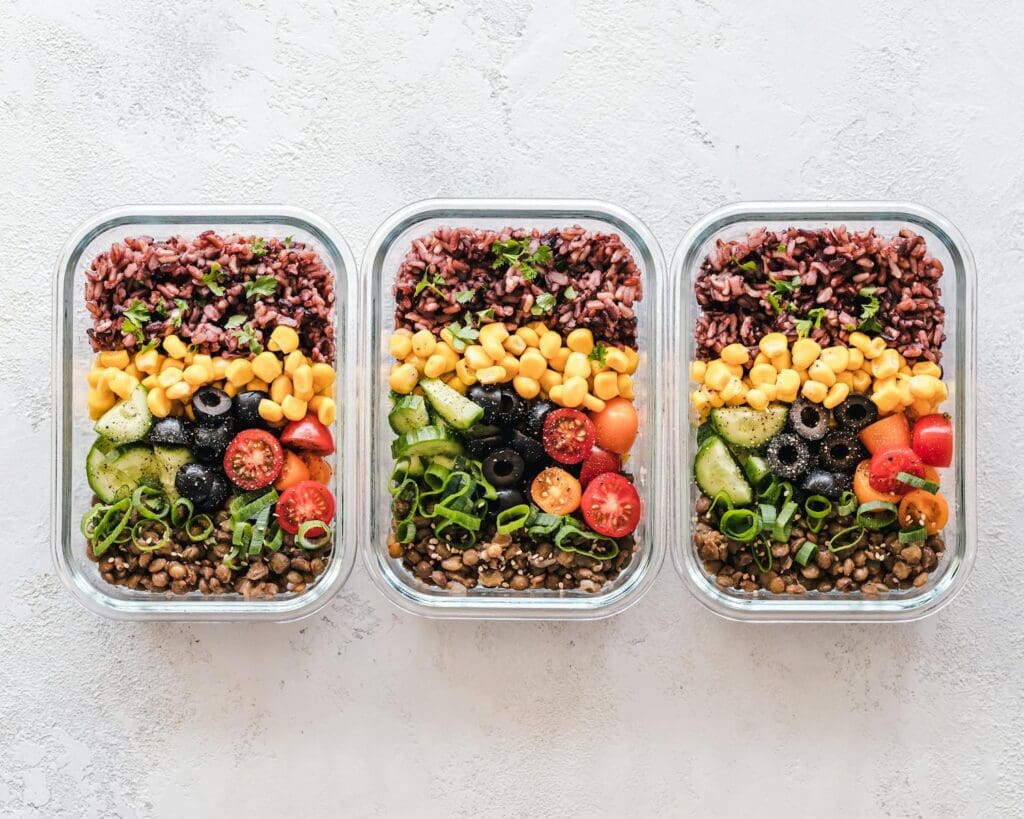
My mom always told me, “Never shop on an empty stomach,” and she was absolutely right. Shopping after eating reduces the urge to pick up unhealthy snacks. Planning meals ahead of time and keeping healthy snacks in your car or purse can also help keep you from grabbing that chocolate bar.
Challenge: Junk Food Marketing and Lobbying
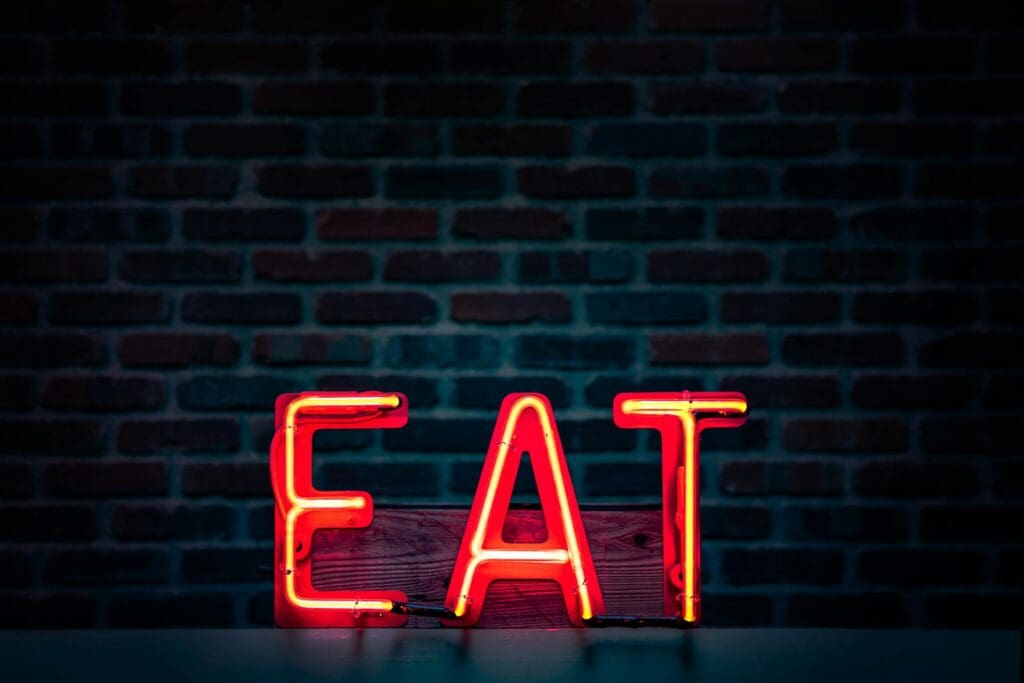
The biggest food corporations are vested in selling you more, and they will lobby and fight to influence agricultural policies and labeling regulations. Furthermore, these companies are masters at marketing junk food to the masses. It’s nearly impossible to escape seeing temptation, whether on your screens, on outdoor advertising, or in stores.
Strategy: Understand the Game

Simply acknowledging that marketing exists solely to tempt you into buying junk food can help you start thinking of it differently. Splash logos, colorful packaging, celebrity endorsements — they can be hard to “tune out.” You can, however, learn to read ingredient labels and set boundaries for what you’re willing to consume. There’s no harm in picking up that package to read the label if you already know you’re going to put it back down if you find red flags in the nutritional information. Seek healthier or homemade alternatives instead.
Challenge: The Addictive Quality of Junk Food
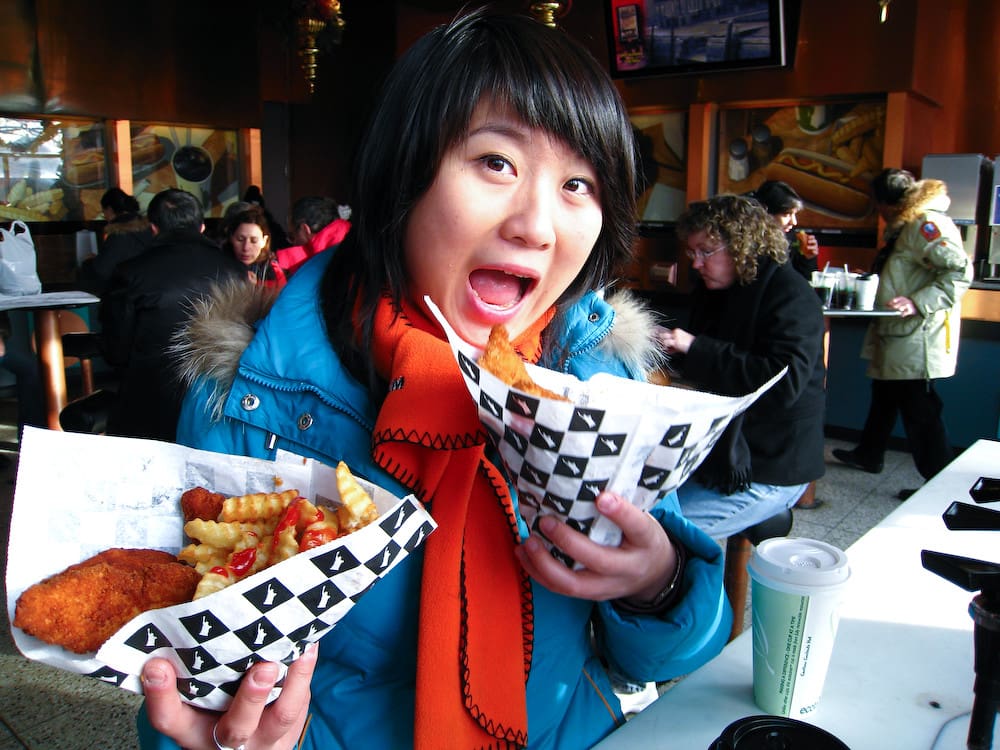
Food isn’t “addictive” the same way that alcohol or drugs are, but junk food high in sugar and fats can trigger the same reward system in your brain. The immediate pleasure that your favorite treat brings you is a similar dopamine hit. This makes overeating really easy, and when it’s junk food that is packed with calories, you’ll be putting on pounds in no time.
Strategy: Avoid Processed Foods When Possible
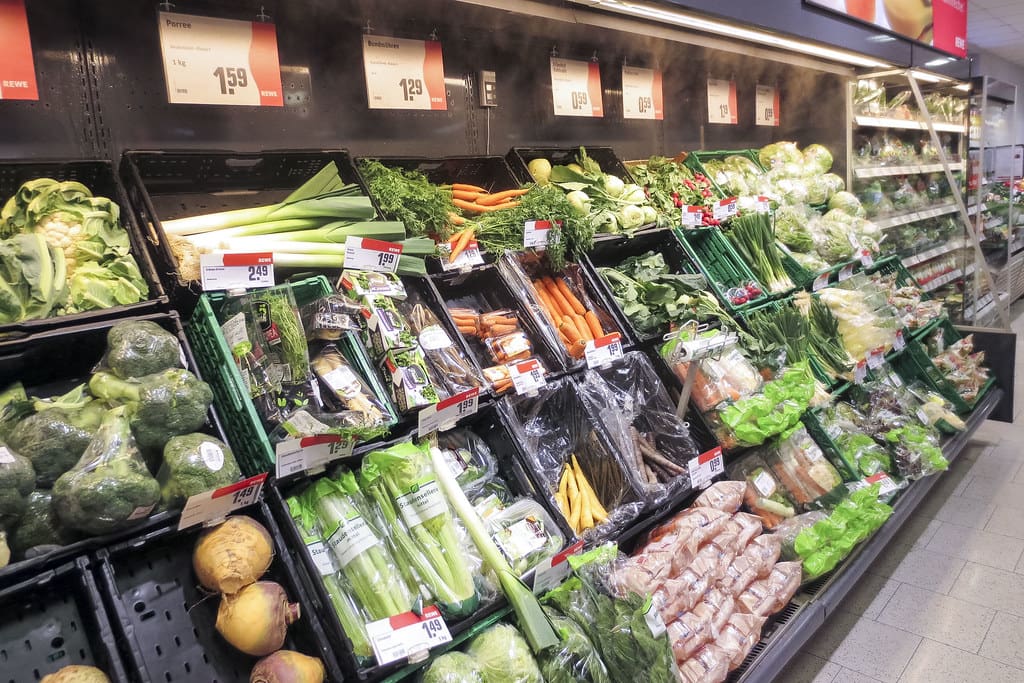
Avoiding processed foods that are packed with sugars and fats can be difficult in the beginning, but it does get easier over time. Try to focus on satisfying your sweet cravings with less processed foods like fresh fruits. This takes some brain training and habit development, but people who curb their addictions to over-processed foods feel better, sleep better, and have more energy throughout the day.
Challenge: You Can’t Abstain from Eating

Some cravings, like cigarettes or alcohol, are best overcome by abstaining from ever using them. Obviously, you can’t do this with food. Eating is essential to survival, so everyone needs nutrients and calories to function. Since we can’t go “cold turkey” on food, that makes managing overeating a different kind of challenge.
Strategy: Abstain from Certain Foods
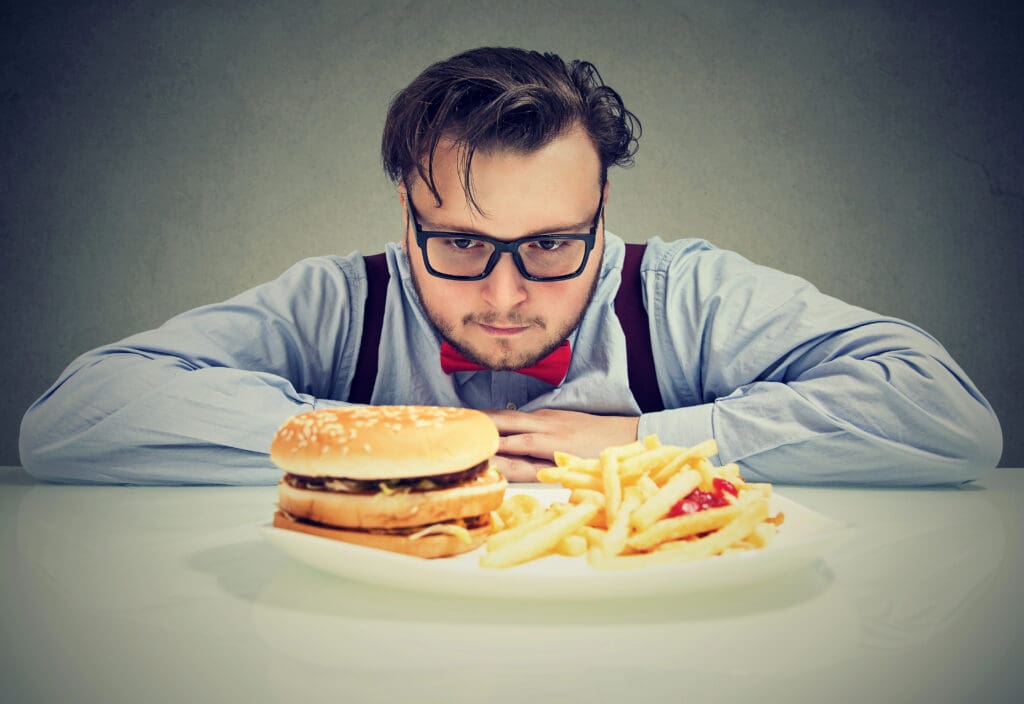
We can’t just stop eating in general, but you can put certain types of foods on a “do not eat” list. Start as small and specific as you need, but make sure you don’t get so specific that you can just replace one junk food with another. If salted peanuts are your weakness, try having a small portion of raw almonds instead. If you love sugary fruit candies, try eating a date instead. You can find similar qualities that may help you abstain from certain types of unhealthy foods.
Challenge: Normalized Overeating in Culture

When you go to a birthday party, you eat cake. After Thanksgiving dinner, you eat pumpkin pie. When you go to the movies, you eat candy and popcorn. These kinds of cultural norms make eating healthy even more challenging. Add this to food marketing and easy access, and you have a recipe for a sick population.
Strategy: Personal Boundaries

Portion control may work for some people — just have a sliver of cake or pie, for instance. Or, go for the healthier option when you can. I promise I won’t rat you out for sneaking a bag of carrots into the movie theater. These kinds of boundaries have to be self-imposed, however. But like abstaining from junk food, start small and plan in advance. We generally don’t end up at birthday parties without expecting it, so eat something healthy beforehand to fill up.
Challenge: Eating is Social

Oftentimes when people gather, there is food involved. Whether it’s a Superbowl Party or just meeting friends for drinks, humans tend to make food a centerpiece to being social. It’s something that many of us were raised to consider: always offer food and drink when you have visitors.
Strategy: Change Up Your Social Routine

Try to encourage non-food ways to socialize, like hiking, sports, or even gaming. And if you find yourself going to a social gathering where you know junk food will be available, bring a healthy alternative or eat before you go.
Related: The 30 Best Superfoods to Add to Your Diet
Challenge: Food is Love

What’s more comforting than food? We’ve been trained to offer food as a source of affection and comfort. Making your child’s favorite meal when they visit, or baking someone’s favorite cake for their birthday. All of these cultural traditions can make avoiding overeating incredibly difficult.
Related: 30 Foods That Contain More Protein Than an Egg
Strategy: Use Other Expressions of Love

Lean into other forms of love and affection. It may be simply spending quality time with someone. Or picking out the perfect gift for them. While it can be hard to break away from the “food is love” mindset, it is possible. If you find yourself on the receiving end, then consider sharing your treat with others instead of keeping it all to yourself. Divide it to conquer it.
Related: The 10 Healthiest Fast Food Options Available
Challenge: Eating Disorders

This list is full of simple strategies to help you avoid temptation. But some of us have less control over food intake than we think. When overeating happens because of an eating disorder, then it may be too ingrained to overcome alone.
Related: 10 Healthiest Fast Food Restaurants
Strategy: Get Professional Help

Mental health or nutrition professionals are trained to help their clients with these kinds of issues. There is no shame in asking for professional help dealing with an eating disorder, and for some, it may be the only realistic path out. Since eating disorders are commonly a byproduct of trauma, anxiety, and depression, treating the root of the problem is often the boost someone needs to succeed.
Related: The Least Healthy “Health” Foods on the Market

